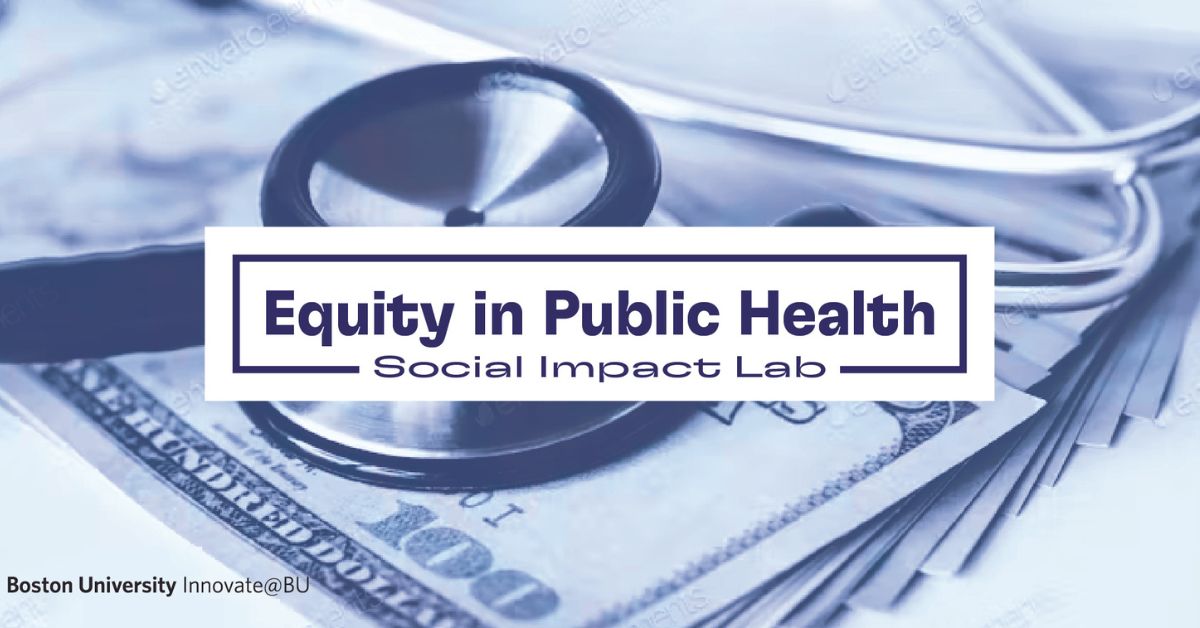Luca has been recognized as the 2025 Undergraduate Research Opportunities Program Student Innovator of the Year!
When Luca Pungan (ENG’25) transferred to Boston University as a sophomore, he found himself playing catch-up with his peers. Originally a molecular biology major, he switched to biomedical engineering and spent his early years at BU taking freshman-level classes as a junior to build his foundation.
About a year ago, Luca joined the eL Microbial Integration Group headed by Dr. Miguel Jimenez, becoming the lab’s first undergraduate researcher.
“It was a little bit of a unique opportunity for me because I got trained directly by my PI at the beginning.”
This direct mentorship allowed Luca to dive headfirst into meaningful research. His team is developing biosensors for fertility hormones, addressing a significant gap in reproductive healthcare access.
The current challenge for many individuals monitoring fertility or early pregnancy is the need for blood tests that can only be performed in hospitals or labs. These tests require extensive pre-processing of blood samples using expensive equipment not available at home, creating barriers, particularly for people who live far from medical facilities or have demanding work schedules.
“If you have someone in a rural area, it might take them five or six hours to go to the hospital,” Luca points out. “A lot of times it’s not only difficult, but they might not even go and get tested in the first place.”
Luca and his team are working to change this reality by developing genetically engineered microbes that can detect fertility hormones and emit detectable signals. Their vision is to create a home testing system similar to glucose monitors used by people with diabetes.
“We want to lower this burden,” says Luca. “Especially right now when I think a lot of people are trying to fight women’s rights to reproductive health care, we have a strong belief that this is a very important issue to tackle.”
Luca’s focus is on genetic engineering—designing and assembling DNA circuits that allow microbes to sense hormones and produce light or fluorescent signals in response. Because of his early involvement in the lab, he’s taken on significant responsibilities.
“I was one of the first ones to do all this genetic engineering,” he says. “A lot of times undergrads aren’t really given that job. We didn’t really have anyone else to do it, so I had the opportunity to actually really get my hands on this.”
The Undergraduate Research Opportunities Program (UROP) at Boston University has been instrumental in supporting Luca’s research journey. Each semester, UROP participants submit research proposals—essentially mini grant applications—developed in collaboration with their mentors. This process not only secures funding but also provides valuable experience in communicating the importance of research projects.
“It’s as if we already have the code, we already have the dictionary, we know what the human genome looks like,” Luca explains about genetic engineering. “Now it’s just up to us to manipulate it in a way to make it do what we want.”
The program’s structure encourages undergraduates to advocate for themselves and ensures they have substantive research experiences rather than just performing routine tasks. UROP also creates opportunities for students to present their work, as Luca did at the UROP symposium in October.
The presentation proved to be a validating experience, with endocrinologists and fertility specialists expressing enthusiasm about the potential impact of his team’s work. “We’ve never seen anyone doing this before. This is so important,” they told him. “I wish my patients could come to me with their blood test from home rather than me having to order it.”
“I think genetic engineering is so powerful,” Luca says. “I’m very interested in anything that has applications to human health.”




